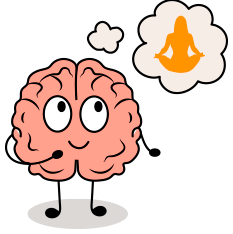How does meditation help with stress? You will be amazed by the benefits it brings to your physical, mental, and emotional health. Meditation has been practiced for thousands of years and is known for its ability to calm the mind and reduce stress. As someone who has experienced the benefits of meditation firsthand, I can attest to its effectiveness in helping to manage stress. Through regular practice of meditation, I have learned to be more present in the moment and to let go of anxious thoughts, even panic. Therefore, meditation has helped me heal, physically, mentally, and emotionally and I am so grateful.
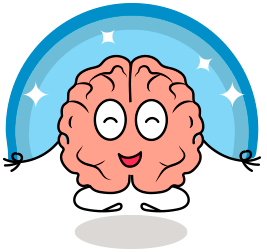
Research has shown that meditation has a positive impact on both physical and mental health. Studies have found that regular meditation practice can lower levels of the stress hormone cortisol, reduce symptoms of anxiety and depression, and improve overall well-being. In addition, meditation has been shown to improve focus and concentration, which can help to reduce stress levels in the long run by increasing productivity and efficiency.
Overall, meditation is a powerful tool for managing stress and improving overall health and well-being. By incorporating regular meditation into your daily routine, you can learn to be more present in the moment, reduce anxiety and depression, and reduce flair-ups of present illness and disease caused by stress and anxiety. Meditation also improves focus and concentration.
The Science Behind Stress and Meditation
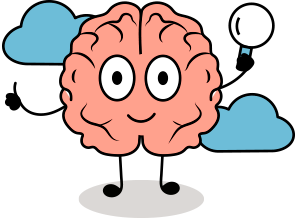
The Stress Response
When we experience stress, our body’s sympathetic nervous system activates the “fight or flight” response. This response triggers the release of stress hormones such as cortisol and adrenaline, which increase heart rate, blood pressure, and respiration. Chronic stress can lead to a variety of health problems, and autoimmune diseases, and there are over 100 of them. Including anxiety, depression, arthritis, diabetes, and cardiovascular disease.
How Meditation Affects the Brain
Research has shown that meditation can help reduce the body’s stress response. When we meditate, we activate the parasympathetic nervous system, which helps us relax and calm down. This response triggers the release of hormones such as dopamine and serotonin, which promote feelings of well-being and happiness.
Meditation also affects the brain in other ways. Studies have shown that regular meditation can increase gray matter in areas of the brain associated with attention, emotional regulation, and self-awareness. This can lead to improved mental health and well-being.
Other Benefits of Meditation
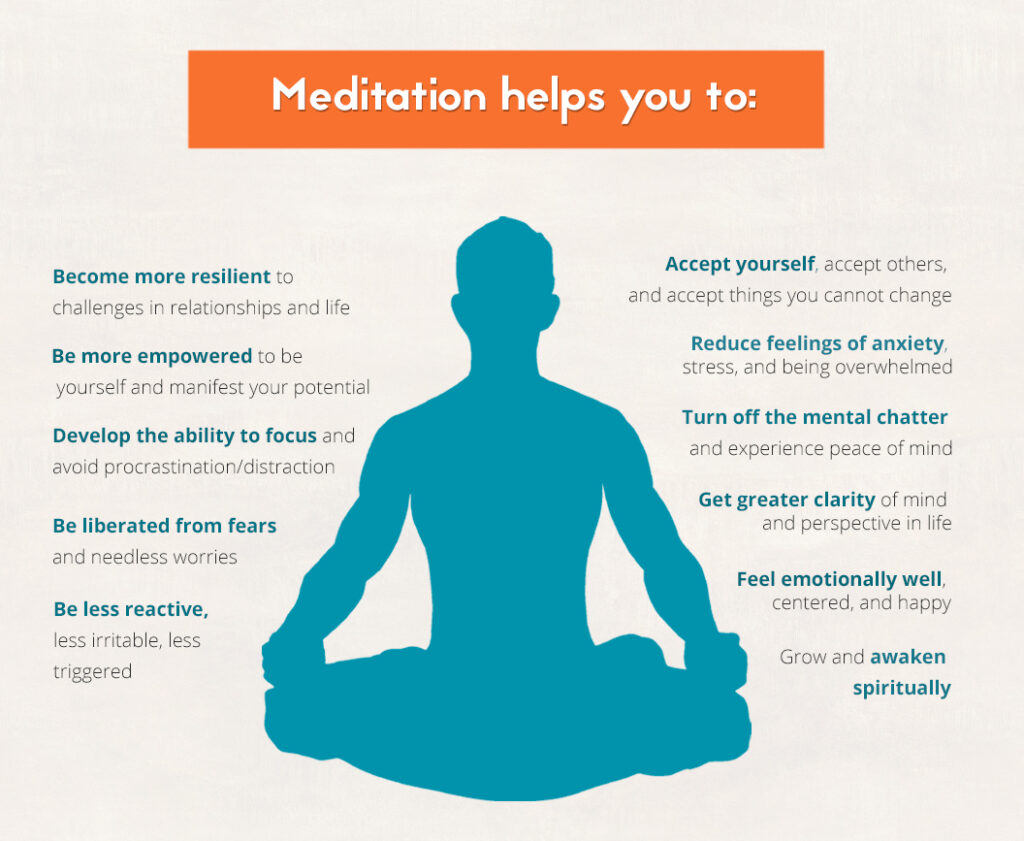
In addition to reducing stress, meditation has been shown to have a variety of other benefits. These include:
- Improved sleep quality
- Reduced anxiety and depression
- Increased creativity
- Improved physical health
- Reduced chronic pain
- Increased acceptance and present-moment awareness
- Improved breathing and relaxation
- Reduced negative thoughts
- Increased inner peace and well-being
There are many different types of meditation, including mindfulness meditation, yoga, and transcendental meditation. Each type has its own unique benefits and can be practiced in a variety of ways. By incorporating meditation into your daily routine, you can improve your mental and physical health, reduce stress, and increase your overall well-being.
Different Types of Meditation Techniques
Guided Meditation
I have found that guided meditation is an excellent way to reduce stress. This type of meditation involves listening to a recording or following a script that guides you through the meditation process. The guide may ask you to focus on your breath or visualize a peaceful scene. This technique is especially helpful for beginners who may find it challenging to focus on their own.
Mindfulness-Based Stress Reduction (MBSR)
MBSR is a type of meditation that focuses on being present in the moment. This technique involves paying attention to your thoughts and feelings without judgment. By acknowledging and accepting your thoughts and feelings, you can reduce stress and anxiety. MBSR has been shown to improve mental health and well-being.
Tai Chi
Tai Chi is a form of meditation that combines movement and breathing. This technique involves slow, deliberate movements that promote relaxation and balance. Tai Chi has been shown to improve physical health, reduce chronic pain, and improve sleep quality.
Focused Attention
Focused attention meditation involves focusing on a single point, such as your breath or a mantra. This technique can help reduce negative thoughts and promote inner peace. Focused attention meditation has been shown to improve creativity and mental clarity.
In conclusion, there are many different types of meditation techniques that can help reduce stress and improve well-being. Whether you prefer guided meditation, mindfulness-based stress reduction, Tai Chi, or focused attention, incorporating meditation into your daily routine can have significant benefits for your mental and physical health.
Benefits of Meditation for Stress Relief
As someone who has personally experienced the benefits of meditation for stress relief, I can attest to its effectiveness. Meditation has been used for centuries to promote relaxation, inner peace, and mental well-being. In recent years, scientific research has also supported the benefits of meditation for stress reduction, which helps to improve your health, especially if you are suffering from an illness or disease already. I am sure you notice when you are stressed your symptoms flair up.
I suffered from MS for 23 years, and meditation was the first step on my healing journey. Suffering from stress and anxiety, and panic attacks from the age of 13. Panic attacks would bring me to my knees. I had no idea the profound effects meditation would have on my stress response and my illness. The more I practiced and stuck to it each day within months my symptoms became less and less. Meditation truly changed my life.
Reduced Stress Response
One of the main benefits of meditation for stress and anxiety relief for its ability to reduce the body’s stress response. Medical research studies have shown over and over that 90% of illnesses and diseases are stress related. When we experience stress, our body releases hormones like cortisol and adrenaline flooding our bloodstream and causing harmful inflammation in the body. Therefore, having a negative effect on our physical and mental health. Regular meditation practice has been shown to decrease the production of these stress hormones, leading to a more relaxed state of being. Meditation helps to retrain your nervous system from anxious to calm. We become less responsive to the things and situations that usually throw us into the stress response.
Improved Immune System
Meditation has also been linked to improved immune system function. Chronic stress can weaken the immune system, making us more susceptible to illness and disease. By reducing stress levels, meditation can help boost the immune system and improve overall health.
Better Heart Health
Stress can have a negative impact on heart health, increasing the risk of heart disease and high blood pressure. Regular meditation practice has been shown to improve heart health by reducing stress levels and promoting relaxation.
Improved Sleep Quality
Many people struggle with sleep issues due to stress and anxiety. Meditation can help improve sleep quality by promoting relaxation and reducing stress levels. By practicing meditation before bed, you may find that you fall asleep more easily and sleep more soundly throughout the night.
In conclusion, meditation can be a powerful tool for stress relief, promoting relaxation, inner peace, and mental well-being. Whether you practice listening to meditation music, mindfulness meditation, yoga, or transcendental meditation, incorporating a regular meditation practice into your routine can have a positive impact on both your physical and mental health.
How to Incorporate Meditation into Your Daily Routine
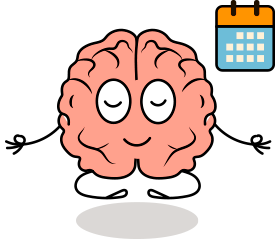
Finding the Right Time and Place
When it comes to incorporating meditation into your daily routine, it’s important to find a time and place that works best for you. For some, early morning meditation can set the tone for the rest of the day. For others, a midday meditation break can help alleviate stress and increase focus. And for some, evening meditation can help promote relaxation and better sleep.
As for the place, find a quiet and comfortable spot where you won’t be disturbed. This could be a designated meditation room, a corner of your bedroom, or even a quiet outdoor space.
Starting with Short Sessions
If you’re new to meditation, it’s important to start with short sessions and gradually increase the length of your practice. This will help you build your attention and focus over time. Begin with just a few minutes of meditation each day, and gradually work your way up to longer sessions.
Staying Consistent
Consistency is key when it comes to meditation. Try to meditate at the same time and place each day to establish a routine. It can also be helpful to set a reminder on your phone or calendar to ensure you don’t forget.
Remember, meditation is a practice, and it’s normal to have days where your mind wanders, everyone’s mind wanders, or you feel restless. Don’t be too hard on yourself and simply return your focus to your breath or chosen point of focus.
Incorporating meditation into your daily routine can have numerous benefits for your mental and physical health, including stress reduction, improved sleep quality, and increased creativity. By finding the right time and place, starting with short sessions, and staying consistent, you can begin to experience the many benefits of meditation.
Mind-Body Healing- Unlocking the Benefits of Meditation https://1111newme.com/2023/04/30/mind-body-healing-unlocking-the-benefits-of-meditation/
This post contains affiliate links, if you choose to purchase a meditation course I will make a commission. I

